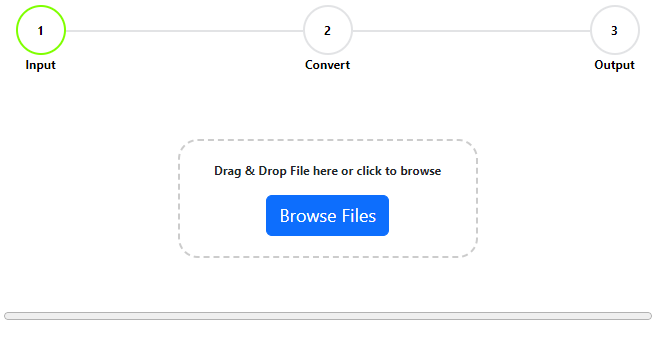What does a GIS Technician do?
In the world of geospatial technology, Geographic Information Systems (GIS) have become increasingly popular in recent years. GIS technology provides a powerful way to collect, analyze, and manage spatial data. A critical part of any GIS system is the GIS technician, who plays a vital role in the implementation and maintenance of the system.
The Role of a GIS Technician:
GIS technicians are responsible for creating and maintaining databases, entering data, and ensuring data quality and integrity. They contribute to the early stages of GIS development, which involves creating and maintaining the database infrastructure and providing access to the data.
GIS technicians also perform a range of duties, such as creating maps, performing database infrastructure changes, performing schema changes, and generating reports. They work alongside other professionals in the industry, such as GIS analysts, data administrators, and data infrastructure engineers, to ensure the GIS system functions efficiently.
Skills Required for a GIS Technician
To become a GIS technician, you need to have some formal education in GIS, including a degree or certificate. In addition, you should possess editing and cartography skills, knowledge of geodatabases and data structures, and knowledge of the infrastructure of a geodatabase. You should also be comfortable working with GIS software such as ArcGIS, QGIS, and MapInfo.
Experience is crucial in becoming a competent GIS technician. You can gain experience through internships, volunteer work, or by taking on GIS-related projects. Participating in GIS hackathons and competitions can also provide valuable experience and networking opportunities.
As a GIS technician, you are responsible for maintaining, analyzing, and managing spatial data. Here are the key skills required to excel in this field:
- Data Management: You should be skilled in managing spatial data, including creating and maintaining geodatabases, performing quality control, and ensuring data integrity.
- GIS Software: You should be proficient in GIS software such as ArcGIS, QGIS, and MapInfo, and comfortable with editing and manipulating spatial data.
- Cartography: You should have strong cartography skills, including knowledge of map design, layout, and appropriate symbology.
- Data Visualization: You should be able to create visualizations and maps that effectively communicate spatial data to others.
- Analysis: You should be able to analyze spatial data to answer specific questions, perform spatial queries, spatial statistics, and network analysis.
- Technical Skills: You should be familiar with technical skills such as database management systems like SQL, data structures, and the infrastructure of geodatabases.
- Communication: You should have excellent communication and collaboration skills to work with other GIS professionals and stakeholders.
- Problem-Solving: You should have strong problem-solving skills, able to identify and troubleshoot issues that may arise in the GIS system.
- Project Management: You should be skilled in project management, able to prioritize tasks, and meet deadlines.
- Professional Development: You should be committed to continuous learning and staying up-to-date with the latest trends and advancements in GIS technology.
These key skills will help you become a competent and valuable GIS technician, and progress in this field. By continually developing these skills, you can also advance to higher-level positions, such as GIS analysts or data administrators.
Career Prospects for a GIS Technician
GIS technicians can advance to higher-level positions, such as GIS analysts, data administrators, or data infrastructure engineers. Pursuing professional development opportunities, such as attending GIS conferences, taking online courses, or pursuing GIS-related certifications, can help you stay up-to-date with the latest trends and advancements in GIS technology.
The salary range for GIS technicians

The salary range for GIS technicians varies, with an average salary of $66,491 a year in the United States.
conclusion
Becoming a GIS technician can be a fulfilling and rewarding career path for individuals interested in spatial data management and analysis. With the right education, skills, and experience, you can become a valuable asset to organizations in need of GIS services. By staying up-to-date with the latest trends and advancements in GIS technology, you can continue to grow and advance in this exciting field.





